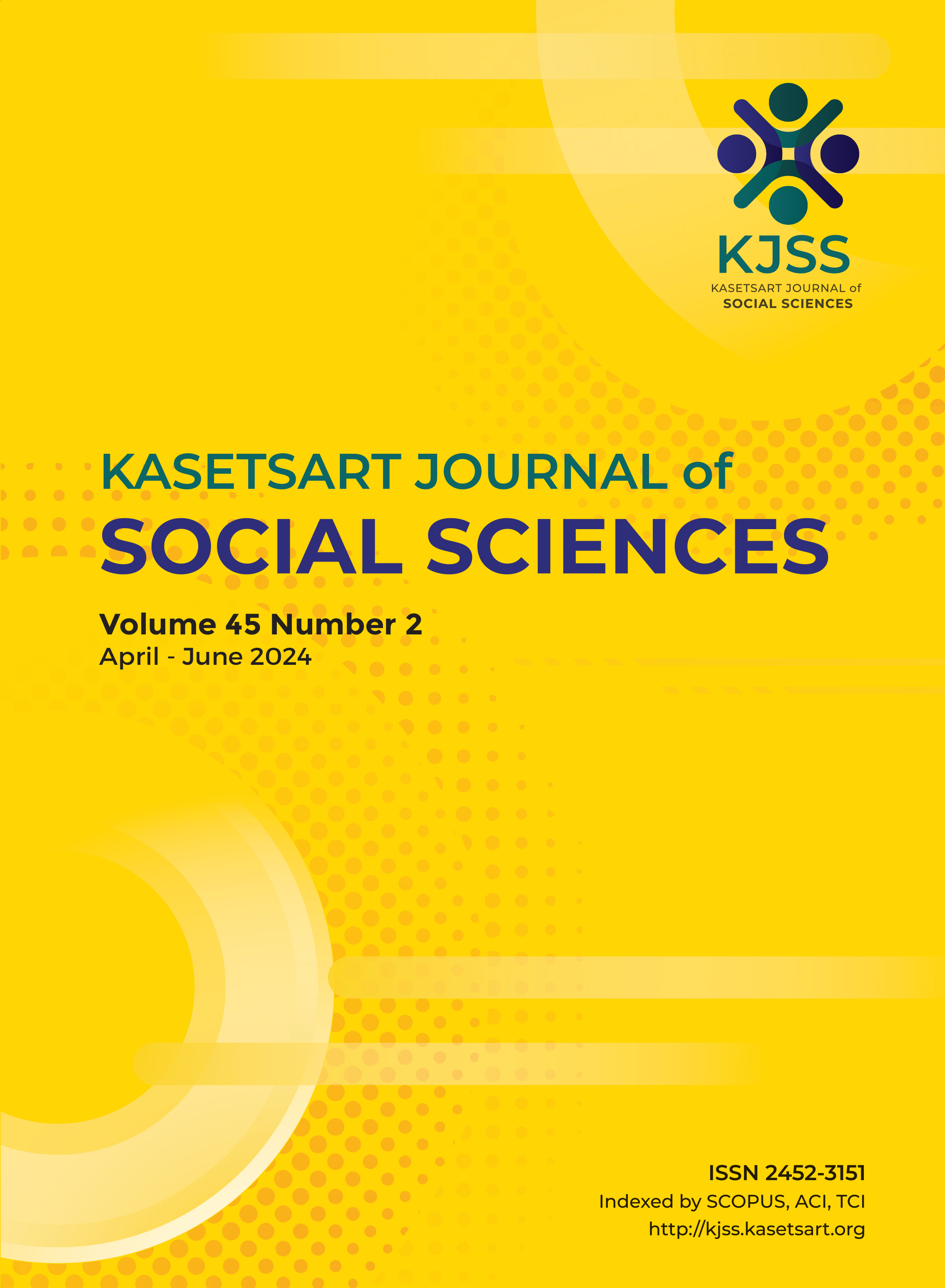Moral consistency of Indonesian culture: A case of “Nyangku Ritual” in Sundanese society
Keywords:
local tradition, moral consistency, moral decay, religious ritual, values degradationAbstract
Moral consistency based upon religious teachings has been a core ethical value in almost all Eastern cultures, including Indonesia. In West Java, one of the large provinces in Indonesia, the ritual practices are performed in many cultural expressions. Due to globalization and modernization, the consistency of the value becomes decayed so that the ritual degrades into profane activities. This paper aims to analyze the moral consistency as shown in the Nyangku ritual in Panjalu, West Java. The description of the data is qualitative in nature
and obtained from observation, in-depth interviews, and documentation. The results of this study indicate that there are three forms of moral consistency that can be seen from desacralized activities such as; public entertainment, the economic activity shown in the form of tourism promotion activities, and political activity represented in the form of identity politics. This paper concludes that the moral consistency in the Nyangku ritual has shown a shift in meaning in society, namely, from the sacred to the profane. However, in the context of moral consistency, it is important to maintain sacred values in rituals through strengthening enculturation and adapting local traditional values and the role of local governments in making policies towards preserving local culture.
Downloads
Published
How to Cite
Issue
Section
License
Copyright (c) 2024 Kasetsart UniversityThis is an open access article under the CC BY-NC-ND license http://creativecommons.org/licenses/by-nc-nd/4.0/










